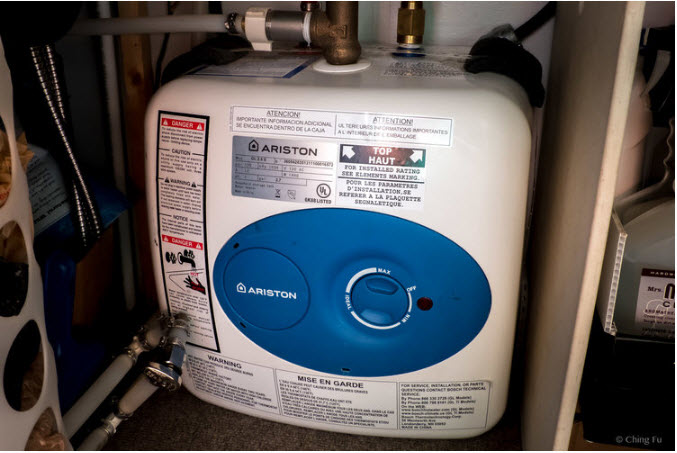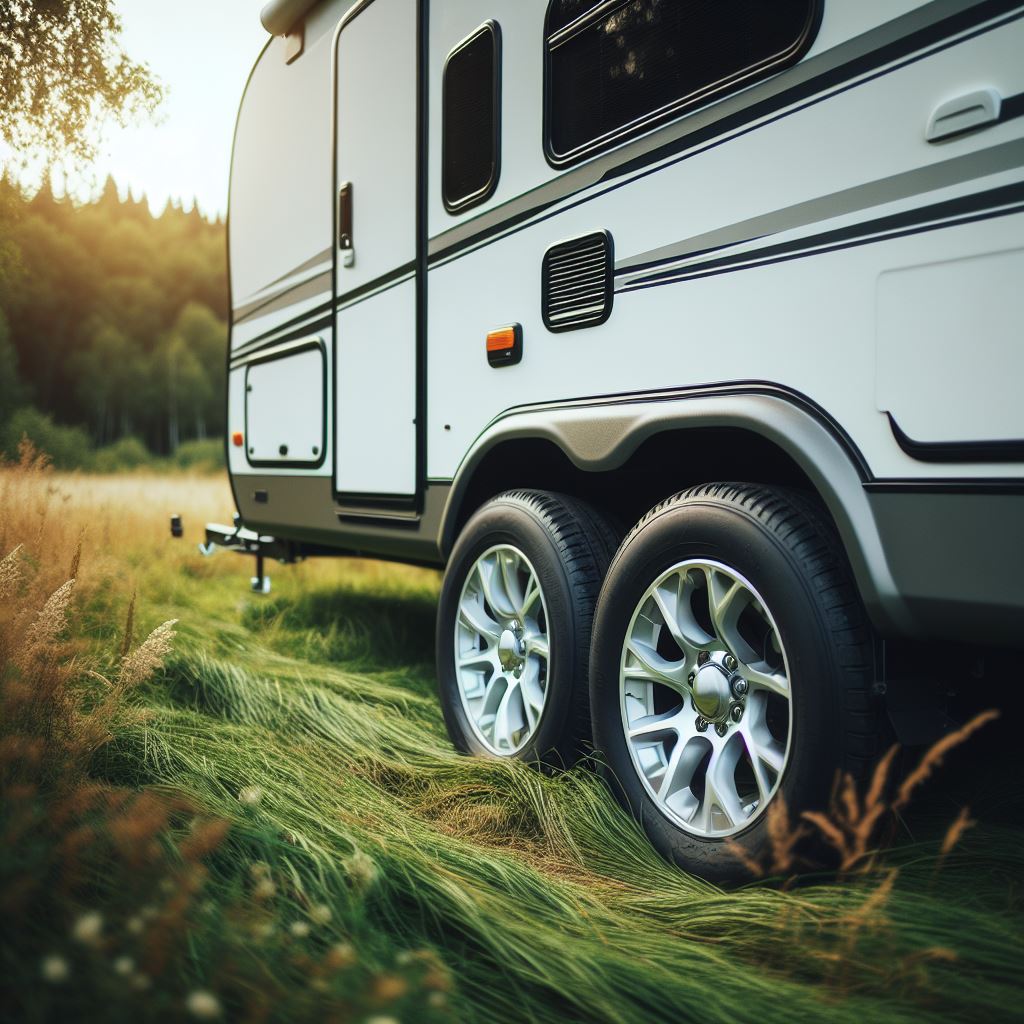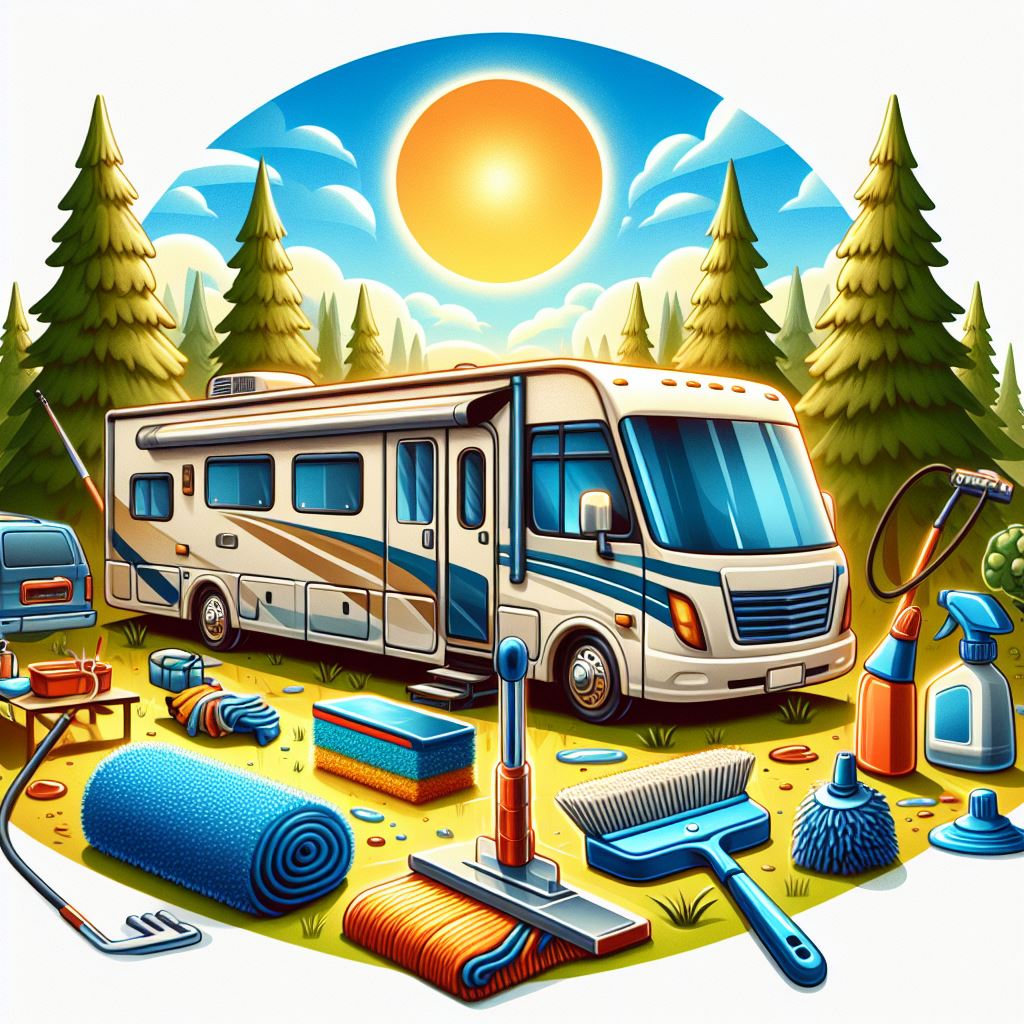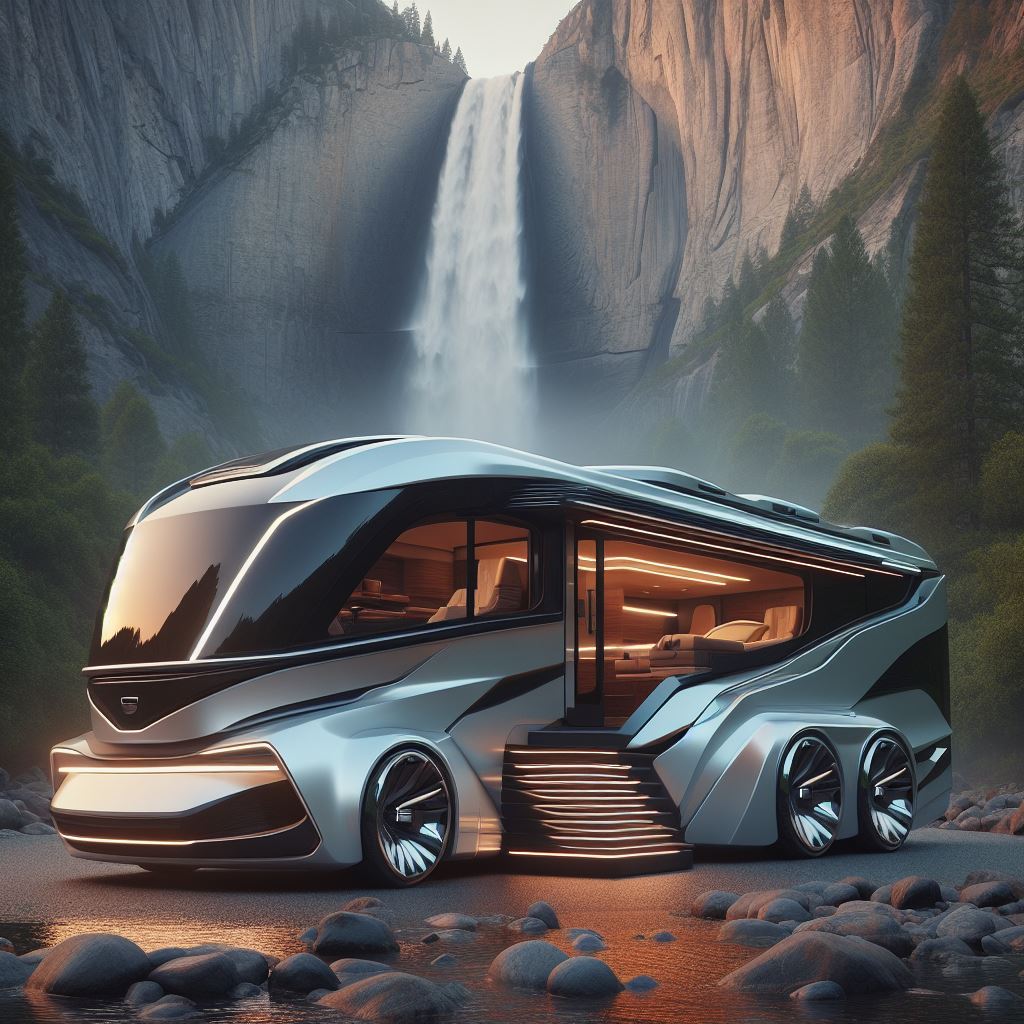Some people consider having hot water for showering and washing dishes while camping to be an indulgence. Most RVers have a water heater on board for hand washing, dishwashing, and showering, whereas tenters rely on shower rooms and a pot boiling on the stove.
RV owners are still uncertain about one issue, though: ” When the water heater is not in use, should I leave it on??”
How Does a Water Heater in an RV Operate?
Most RV water heaters are powered by electricity, propane, or a mix of both. To heat water in a tank, propane heaters need a spark or pilot light (usually 6 or 10 gallons).
When you switch on the hot water spigot, the water then moves to the faucets. Electric water heaters also heat water using your electrical system.
Tankless water heaters, which can operate on propane, electricity, or both, are available in certain contemporary RVs. The tankless water heater heats the water as it flows through the pipes, preventing the need to wait for hot water and saving 6 or 10 gallons of storage space.
You should have “limitless” hot water as long as there is a steady supply of water and a source of fuel to heat it. However, utilizing a tankless water heater at multiple faucets simultaneously can strain it to the breaking point.
Is it safe to always leave your water heater on?
You can keep your water heater on even when you aren’t using hot water, just like in a permanent home. The only times you should turn off the water heater are if the water supply is cut off or while you are driving.
In other words, you should turn off your water heater if you accidentally close the water bypass valve. This could happen if you winterize your RV or replace an anode rod.
Of course, you should turn off the water heater when relocating, as you should with the majority of your RV components.
Why You Should Leave Your Water Heater On
Even when you are not using the water, a regular 6- or 10-gallon water heater will keep the water warm if you leave it on while camping. It won’t take an hour before you can take a shower.
If your water heater is powered by propane, you can even rely on having hot water when you’re off-grid camping. You will have to wait for the subsequent 6 or 10 gallons of water to heat up after that amount of hot water is used up. Even so, the reheating process only takes 30 to 90 minutes.
The same is true for tankless water heaters, albeit you will require more energy, such as electricity or gas, to keep the water hot as you use it due to their nearly endless capacity.
Why You Shouldn’t Leave Your Water Heater On
The cost of fuel to keep the water warm while it is in the tank is the largest drawback of leaving the water heater on, even when not in use. Keeping an eye on your propane consumption can be challenging because running out of propane will result in no hot water or fuel for your stove or heater.
It may take longer to initially bring the water up to temperature if you use electricity to heat it. But at least you’re not using up all of your propane.
Is it Worth It to Leave Your Water Heater On?
It makes sense to leave the water heater in the “on” position if you frequently need hot water throughout the day. However, it would be wise to turn the heating on and off as needed if you are concerned about fuel usage or expense.
You could be concerned about water use and collection when boondocking. While taking a shower, you can reduce how much hot water you use and how much water goes into the gray tank by turning the shower hose on and off.
Dishwashing and handwashing follow the same rules. When camping far from fuel and water sources, you’ll have to estimate how much water you’ll need. You can use this to determine whether it makes sense to leave the water heater on your RV on all the time.
At the end of the day, hot water should be available at every campsite. However, the decision to leave an RV water heater on must be made on an individual basis, based on your needs and financial situation.
The fact that you can wash dishes and take a shower in your own RV will make those tent campers envious, for sure!




